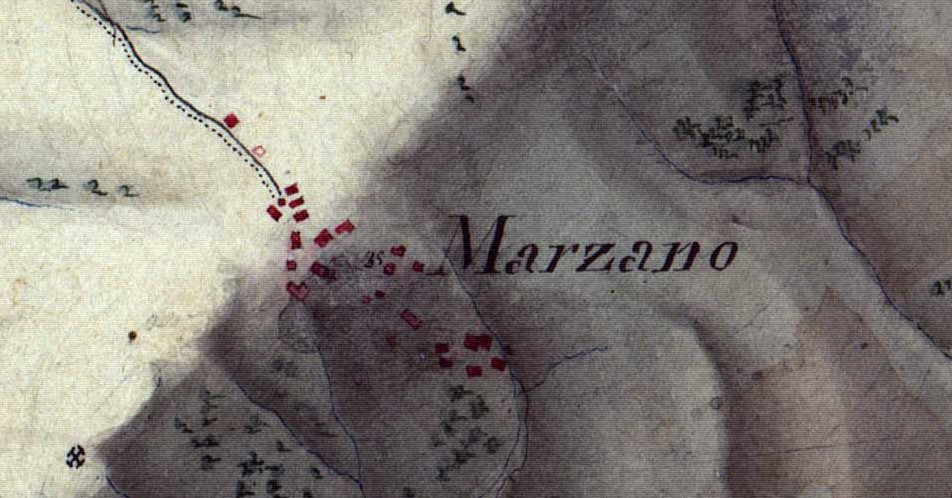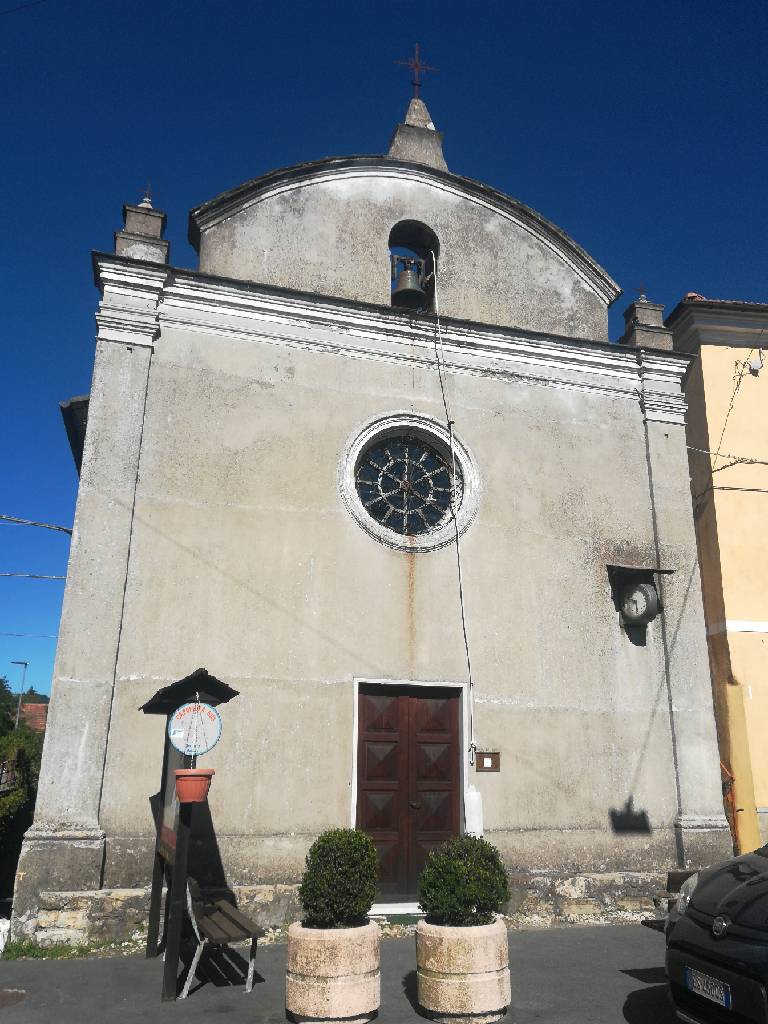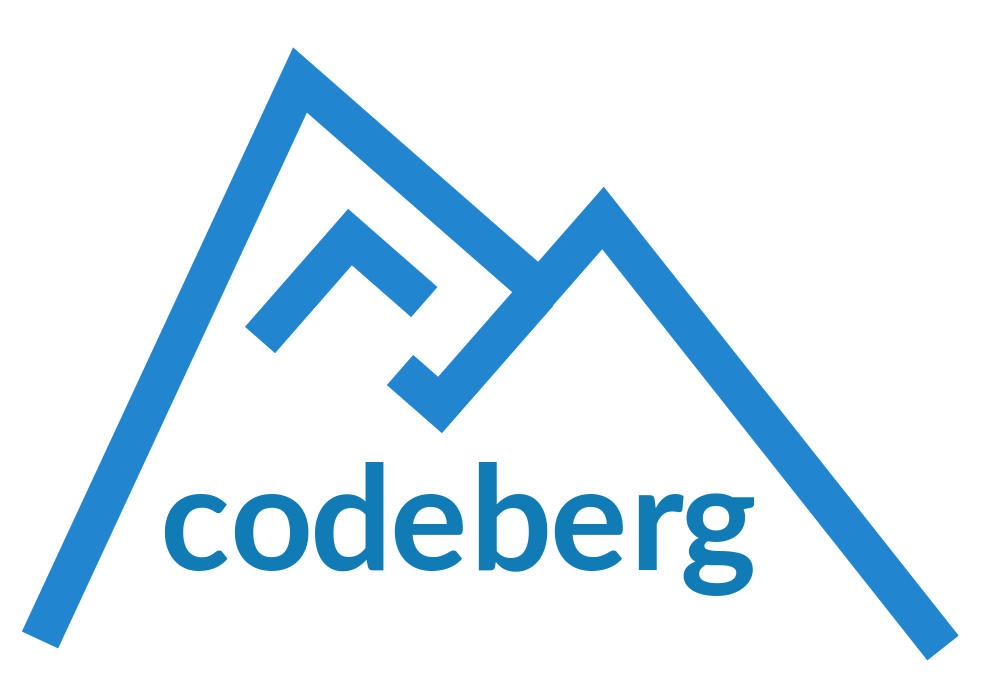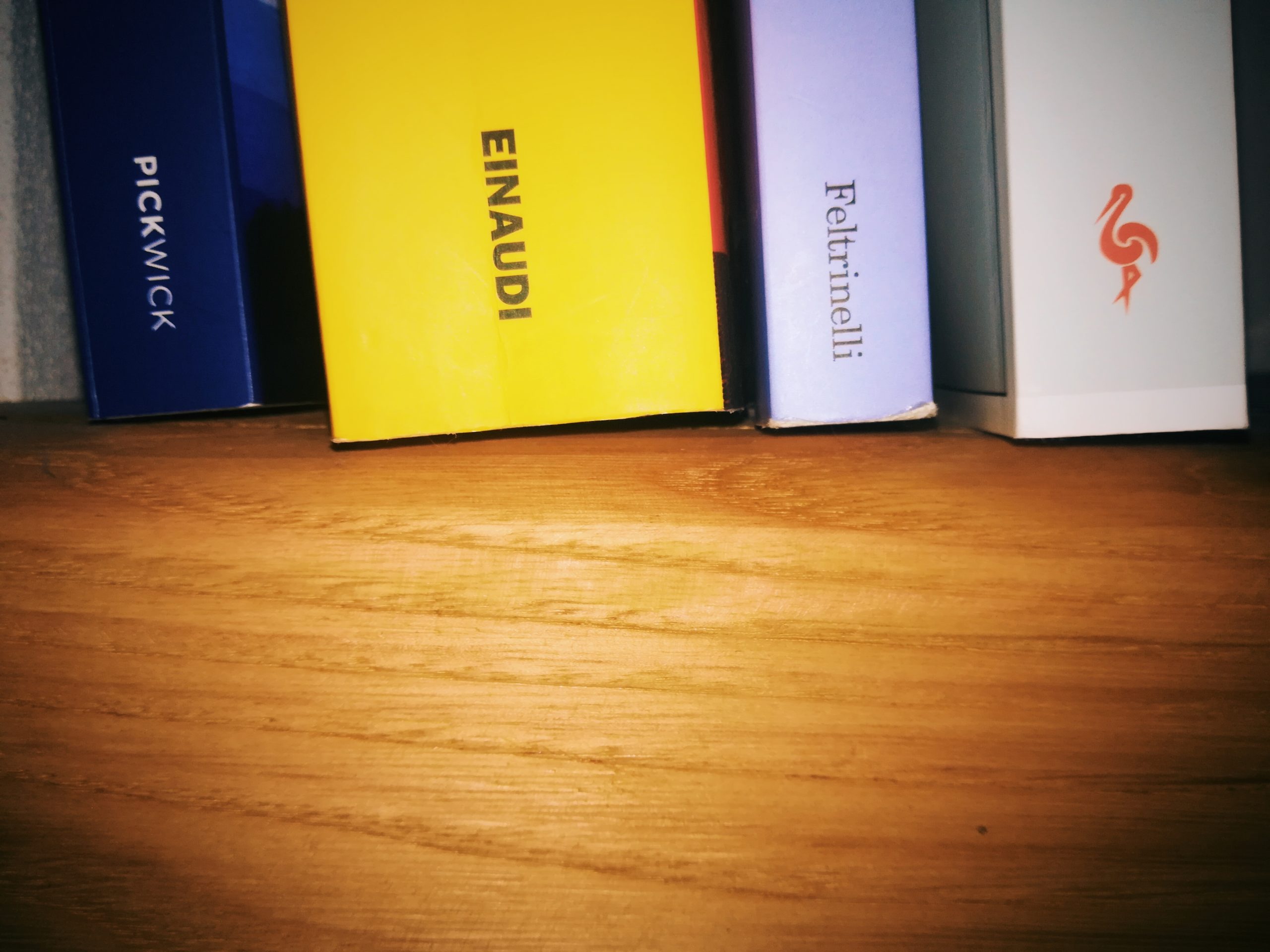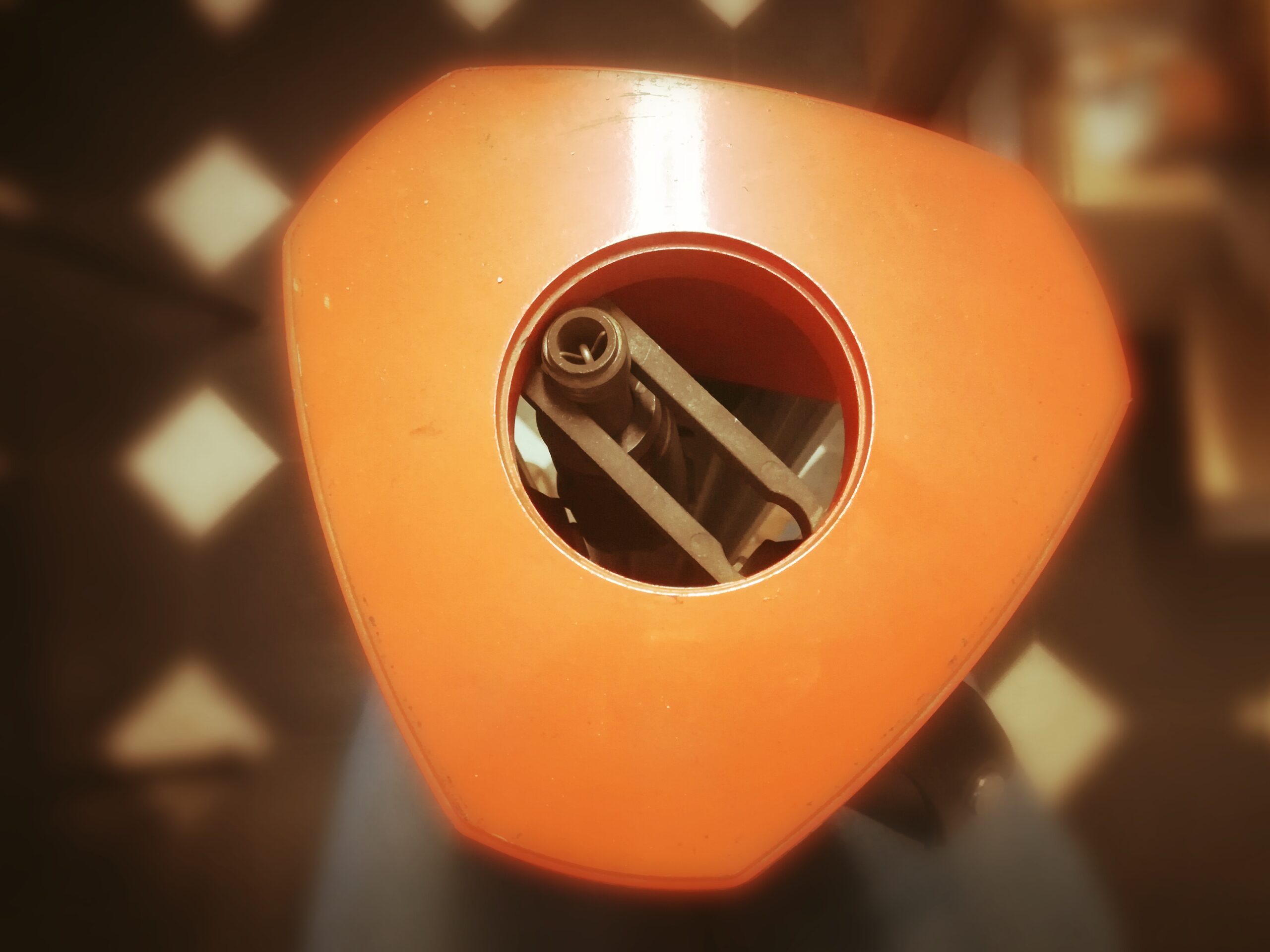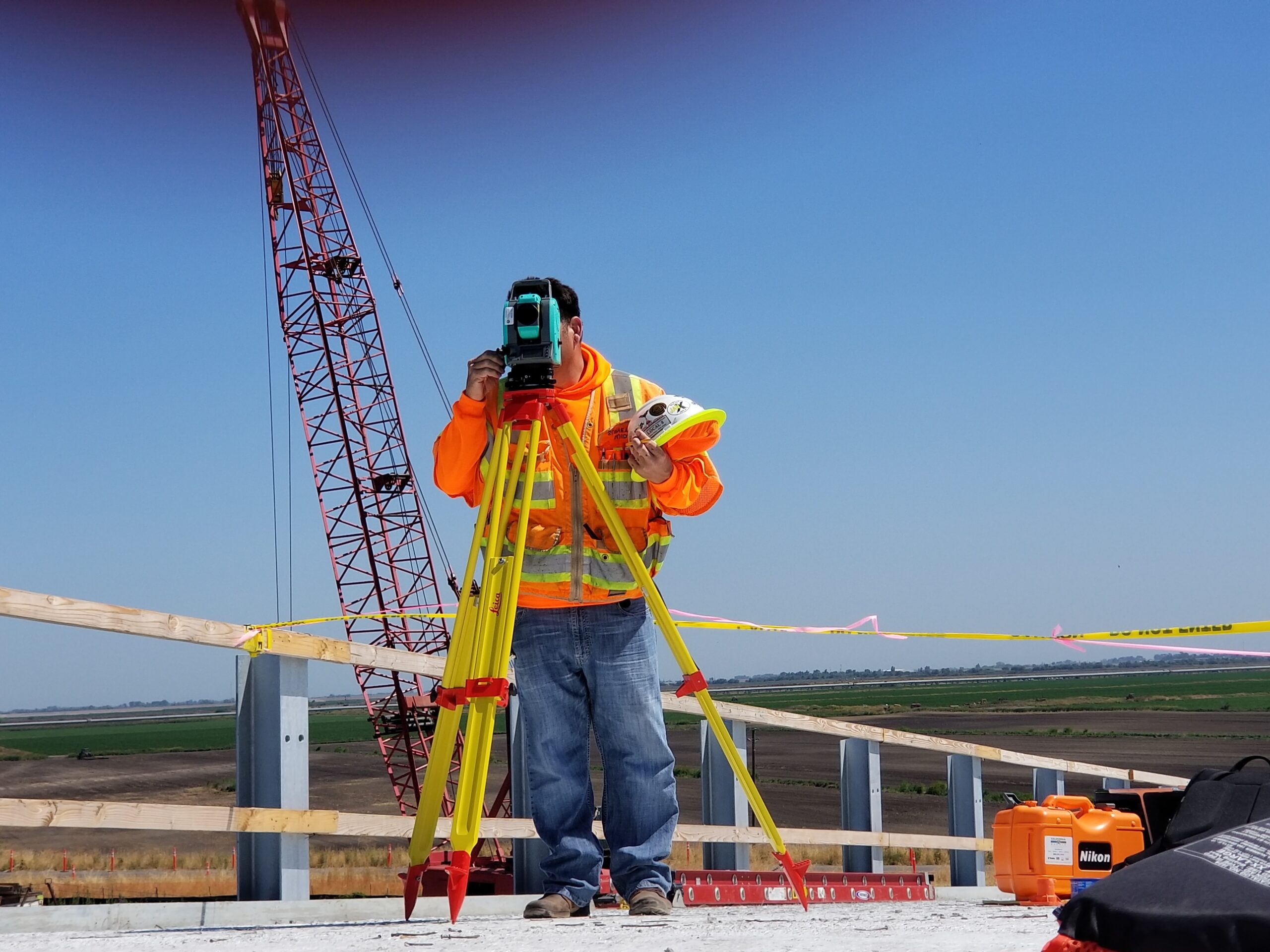Come era Marzano 200 anni fa? Posso dirvi che su una carta geografica era più o meno così:

Questa è una piccola porzione della carta denominata “RIVIERA DI LEVANTE ALLA QUARTA DELLA SCALA DI SAVOIA OSSIA DI 1 A 9.450. FOGLIO 83 (Torriglia)“. Mentre per la “pillola” storica precedente mi sono basato su una vecchia fotocopia conservata in mezzo a un libro, per questa seconda ho attinto al portafogli e comprato dall’Istituto Geografico Militare ben due riproduzioni in alta risoluzione.
Ho deciso di spendere per avere questa riproduzione perché credo che sia la carta più antica in cui Marzano è rappresentato in modo dettagliato. Non sono riuscito a trovare una carta così dettagliata più antica di questa, in altre parole. Le carte settecentesche lo indicano semplicemente come centro abitato in modo simbolico, come è abbastanza normale per l’epoca quando si tratta di aree rurali.

La differenza è notevole, e nella carta di inizio ‘800 possiamo riconoscere singole case o gruppi di case. La seconda versione, cioè la minuta di campagna, contiene qualche dettaglio in più anche se la scala è maggiore. Soprattutto sono indicate strade che poi nella versione acquerellata non sono state disegnate.

In queste carte la forma del paese è ben diversa da quella attuale. Manca ancora il caratteristico “curvone” della strada carrabile che verrà costruita solo verso la fine del XIX secolo. Le strade principali sono quelle che vanno verso Fallarosa e i Sciutti e quella che arriva dalla Crocetta. Stranamente, sembra che quest’ultima strada passi a Est rispetto a tutte le case.
Si riconoscono già alcuni gruppi di abitazioni che esistono ancora oggi. La chiesa è isolata su tutti i lati. Non ci sono case più a Est dell’attuale civico 49 di Via IV Novembre. Non ci sono case lungo la “Via Vecchia Marzano”. La piazzetta “della Costa” alle spalle di Piazza Felice Cavallotti è solo il retro del gruppo di case. Si riconoscono i tre blocchi “a schiera” che ancora oggi si trovano sopra Via Fallarosa. Non sembra esistere il “voltino” ma sicuramente ci sono le case più vecchie anche a valle di Via Fallarosa, fino all’altezza dei trogoli. Si riconoscono i Pontelli e le Chistane.
Non è facilissimo individuare le singole case, anche perché qualcuna nel frattempo è andata in rovina ‒ limitandomi alle Chistane ne conosco almeno tre (inclusa la storica casa di “Giaculeu” abbattuta 40 anni fa) e immagino ce ne siano anche altre. Non è ovviamente possibile stabilire quanto sia preciso il disegno della carta, possono esserci errori, omissioni o sviste, ma riesco a contare 24 edifici più la chiesa e se confronto questo numero con quelli del numero di famiglie di questo periodo o della seconda metà del ‘700, è più o meno lo stesso.
La base cartografica verrà poi utilizzata a metà XIX secolo per comporre la Gran Carta degli Stati Sardi (ricca di strafalcioni nei nomi) pubblicata nel 1852: sembra che la strada proveniente dalla Crocetta sia più importante delle altre.

Quanto è cambiato il paese in 200 anni! Sicuramente nelle vecchie foto si riconoscono più facilmente le antiche case che esistevano allora.
Pillole di storia marzanina
La chiesa di San Bartolomeo · San Terenziano
Marzano 200 anni fa · La peste a Marzano nel 1656-1657
